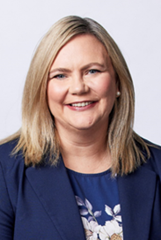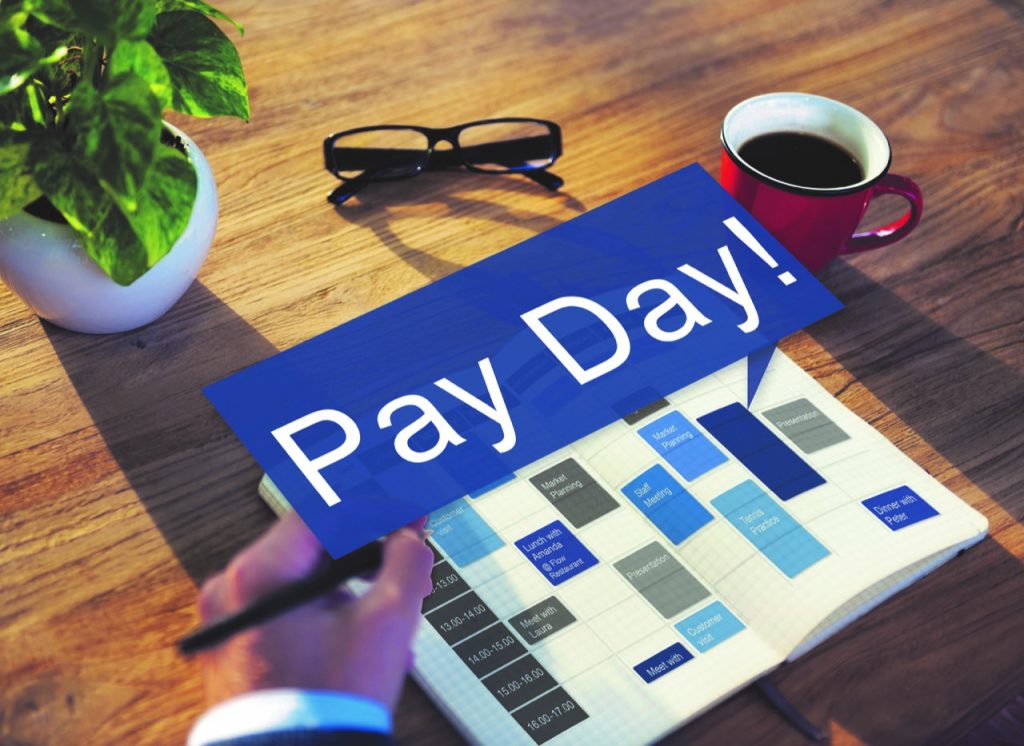You may not have heard about Payday Super, the upcoming once in a generation reform to Australia’s superannuation system. Although not yet law, this is proposed to start from 1 July 2026, and I am reaching out to encourage employers to start understanding now what this means for you and your business.
Essentially, the Payday Super reform is about paying your employees’ super at the same time as you pay their salary or wages. If you have staff, the reform will mean changes to the timing of when you pay your employees’ their super guarantee (SG), changes to reporting obligations, as well as improvements to payments.
Currently the ATO is working with the community and industry bodies to help everyone get ready for these changes. I have provided some more information about what to expect, subject to any changes, during the legislative process.
What Payday Super means for you as an employer
Our key message to all employers about what Payday Super means is pretty simple – pay on payday.
And by this I mean, pay your employees’ super at the same time as you pay their salary and wages.
If you currently pay your super obligations quarterly, from 1 July 2026 you will move to paying super at the same time as you pay your employees their salary or wages. This may be monthly or fortnightly, or even weekly, depending on the industry you are in.
Think about what you can start doing to get ready to pay your super obligations more frequently. Look into adjusting your payroll process now to make the switch to paying super at the same time as salary and wages. This will give you time to adjust your cash flow so you can balance the payments for both super and salaries coming out at the same time.
Closure of the Small Business Super Clearing House
As a small business you may be using the ATO’s Small Business Super Clearing House (SBSCH) to process your super payments. If that is the case, I encourage you to please take the time now to look for alternative options.
The SBSCH will be permanently closing on 1 July 2026, so give yourself plenty of time to transition to a new service. Check with your current payroll provider to see they offer a super payment function as part of your subscription package. Talk to your registered tax agent or bookkeeper as well to see what they recommend.
Changes to the super guarantee charge
Under Payday Super, there will be changes to how the super guarantee charge (SGC) is calculated and when it applies if you miss paying your employees their super entitlement by the due date.
These changes apply from 1 July 2026 (subject to legislation passing) so it’s important to update your processes now so that you’re used to making more regular payments by the time this starts. We’ll have more information on this change on the ATO’s website closer to the start date.
Reducing errors and faster payments
Once Payday Super starts, improvements to how super funds can accept payments will help reduce rejected contributions and errors. This means less time spent trying to resolve processing issues.
For example, a new message, the Member Verification Request, enables you as the employer to check employees’ super fund details are correct and the super fund will accept the contribution before you make the first payment. There’s also going to be clear and easy to understand error messaging so you’ll be quickly informed if your super payments can’t go through for whatever reason.
Plus, there’s a faster payment system that all super funds will be able to use from 1 July 2026. The New Payments Platform (NPP) improves how quickly an SG contribution made by employers will land in their employees’ super fund.
Good record keeping
As a small business you know how important it is to keep your records up to date.
There are two things I suggest you do now:
- Check the super fund details for your employees to make sure your records are up to date and you’re not currently receiving errors for rejected contributions. That way, you will avoid processing errors when Payday Super starts.
- Review your internal governance and assurance processes around super reporting. As I have mentioned, if you’re currently paying super on a quarterly basis, see if you can start paying more frequently now.
Stay informed
Next year will be here before you know it. It’s nearly Christmas already, and understandably you may not be thinking of super reform at this time of year.
However, if you take a few minutes now to subscribe to the ATO’s Small Business newsroom at ato.gov.au/sbnews, you’ll be sent regular updates on Payday Super, including a lot more detail on the changes once legislation has passed.
If you’re on LinkedIn, you can also follow me for more information, as I’ll be sharing updates each month as we approach the 1 July 2026 start date.
Lastly, our website will have further detail in the coming months. There will be guidance and support available at ato.gov.au/paydaysuper to help you make the transition smoothly.

Emma Rosenzweig, Deputy Commissioner and Senior Accountable Officer of the Payday Super Program
Emma Rosenzweig is the Deputy Commissioner and Senior Accountable Officer for the Payday Super Program, within the Australian Taxation Office (ATO).
Emma is responsible for delivering this transformational program, which will result in greater certainty that the superannuation entitlements of millions of people are paid correctly and on time. She is passionate about ensuring there is a healthy super system for future generations.

